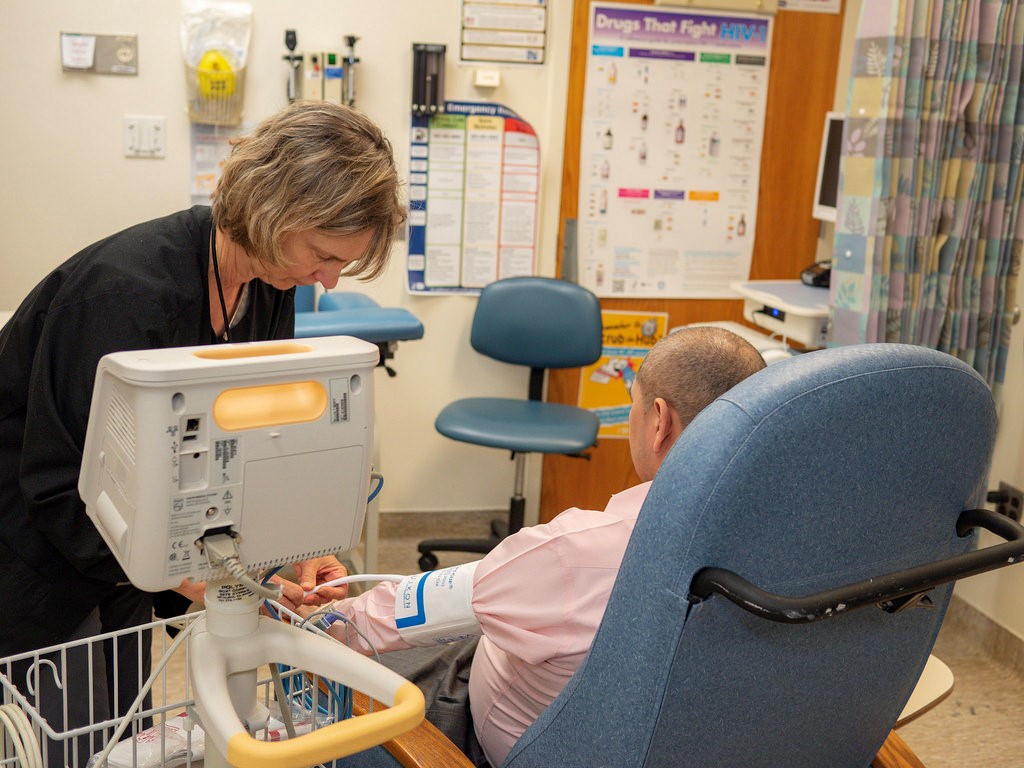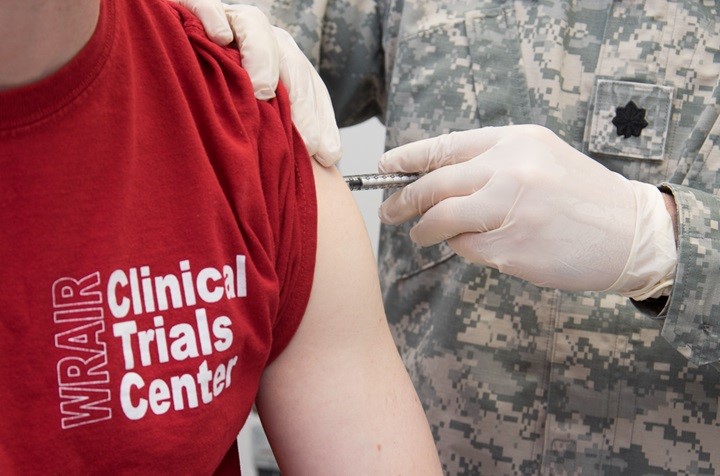According to a recent study, clinical trials in the US generally involve 80-90 per cent white participants, highlighting a significant discrepancy in the representation of different racial and ethnic groups.
Disproportionate representation
As people from different ages, ethnicities and race respond to certain treatments differently, not having appropriate representation can cause serious problems; for example, some health issues – such as type II diabetes, cardiovascular disease and some cancers – disproportionately affect minority groups.
Despite the FDA looking at how to increase participation for underrepresented groups for some time, little progress has been made in this area.
Solutions
Previous research suggests that minority patients mistrust medical researchers; in addition, issues such as language and financial barriers dissuade participation. This suggests that the best way to heighten involvement is to focus on building trust between the researchers and the participants.
Furthermore, the knowledge of available trials is lacking within some minority groups; therefore, it is important to ensure that those eligible for adaptive phase 1 clinical studies are aware that these are ongoing and the potential benefits of participating.
Another issue identified was language. Suggestions that recruitment messages looking for ‘all people’ are more attractive than asking for ‘African-Americans’ and reducing medical jargon have been put forward by respondents from some minority groups. Similarly, ensuring bilingual researchers are available may help to create a sense of ease and belonging.
Respondents also expressed a desire for transparency regarding their personal information; for example, what is their blood used for, where is it stored, and what information is recorded? Again, developing researcher-patient confidence should improve these concerns.
Leading clinical research organisation such as richmondpharmacology.com/specialist-services/adaptive-phase-i-studies/ carefully consider these points to ensure everyone feels comfortable taking part in clinical research.
Training
The first thing to address here is the lack of minority physicians and researchers working on clinical trials. It is therefore essential to ensure that they are informed of ongoing studies and are involved themselves.
The next step is training physicians how to talk to patients about clinical trials and the benefits of participation. Studies into social cognitive theory suggest that people are more likely to agree to something involving personal gain; therefore, focusing on how studies will potentially benefit the participants and others in their ethnic or racial group should encourage more involvement.


